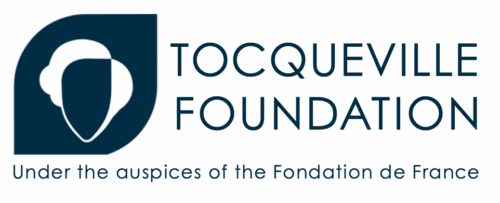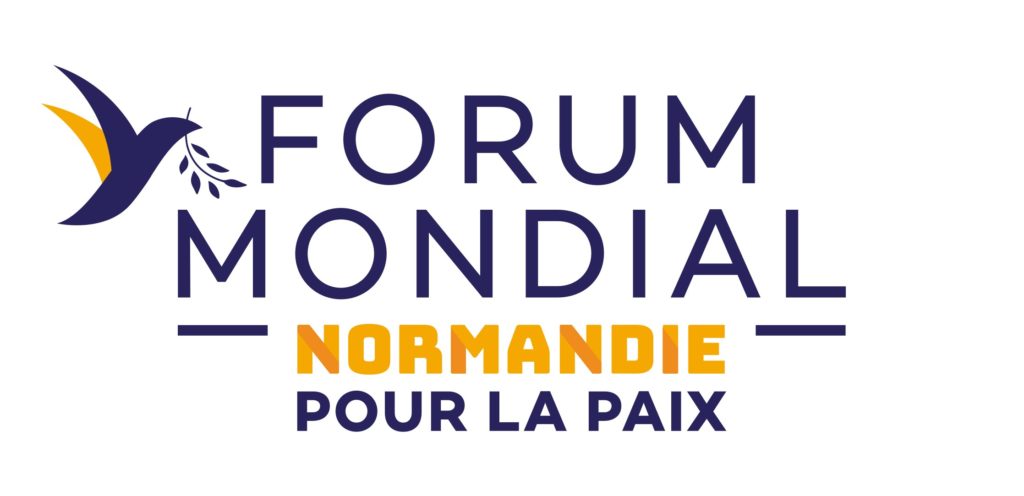On June 4, 2019, the 2nd edition of the Normandy Peace Forum gathered 5000 participants around the theme “Peace-makers”. The Tocqueville Foundation was invited to organize a debate focusing on “Education, an agent of peace”.
Three French personalities were gathered to discuss the subject in front of about a hundred participants: Florent Bonaventure, Director of Studies and Communication, Campus France, attached to the Ministry of Foreign Affairs, Benedicte de Saint-Pierre, Vice-President Europe and Middle East of the United Way Association and Olivier Sidokpohou, Inspector General at the Ministry of National Education.
Françoise Mélonio, Professor Emeritus, Sorbonne University, moderator of the debate, introduced the round table by recalling the importance that Alexis de Tocqueville attached to Education, Education in all its forms, through teaching but also through practice.
One by one, the speakers explained how primary schools, secondary schools, higher education or associations could participate in making Education a factor of peace.
Olivier Sidokpohou first shared two observations made as a teacher and then as Inspector General: the persistence of gender inequalities in some subjects from primary school onwards and the existence of violence often due to a lack of expression of feelings and frustration. This expression can be allowed by the teaching of theatre, or argued speeches. He also expressed doubts about French positive discrimination policy.
Bénédicte de Saint-Pierre then presented the actions of United Way in Europe, an association that supports students in priority neighbourhoods in developing their academic and professional careers. She underlined the importance for students to discover the professional world and to develop personally in parallel with the subjects taught at school, the role to be played by families in their academic and professional careers, and the need to coordinate associative actions with school curricula.
Finally, Florent Bonaventure, after having made a quantified inventory of student exchanges between France and the international community, demonstrated the economic contributions of a foreign student in a country, the success of the Erasmus program and its cultural impact, as well as the role to be played by countries in international student exchanges.
Several exchanges were then held on the subject of teachers’ self-confidence and confidence in their students, on the subject of teachers’ mobility and international exchanges, on the subject of gender diversity, which can accentuate gender differentiation.

